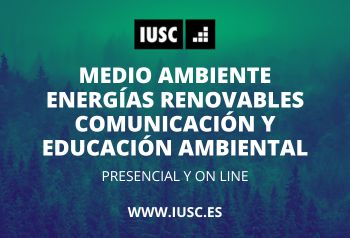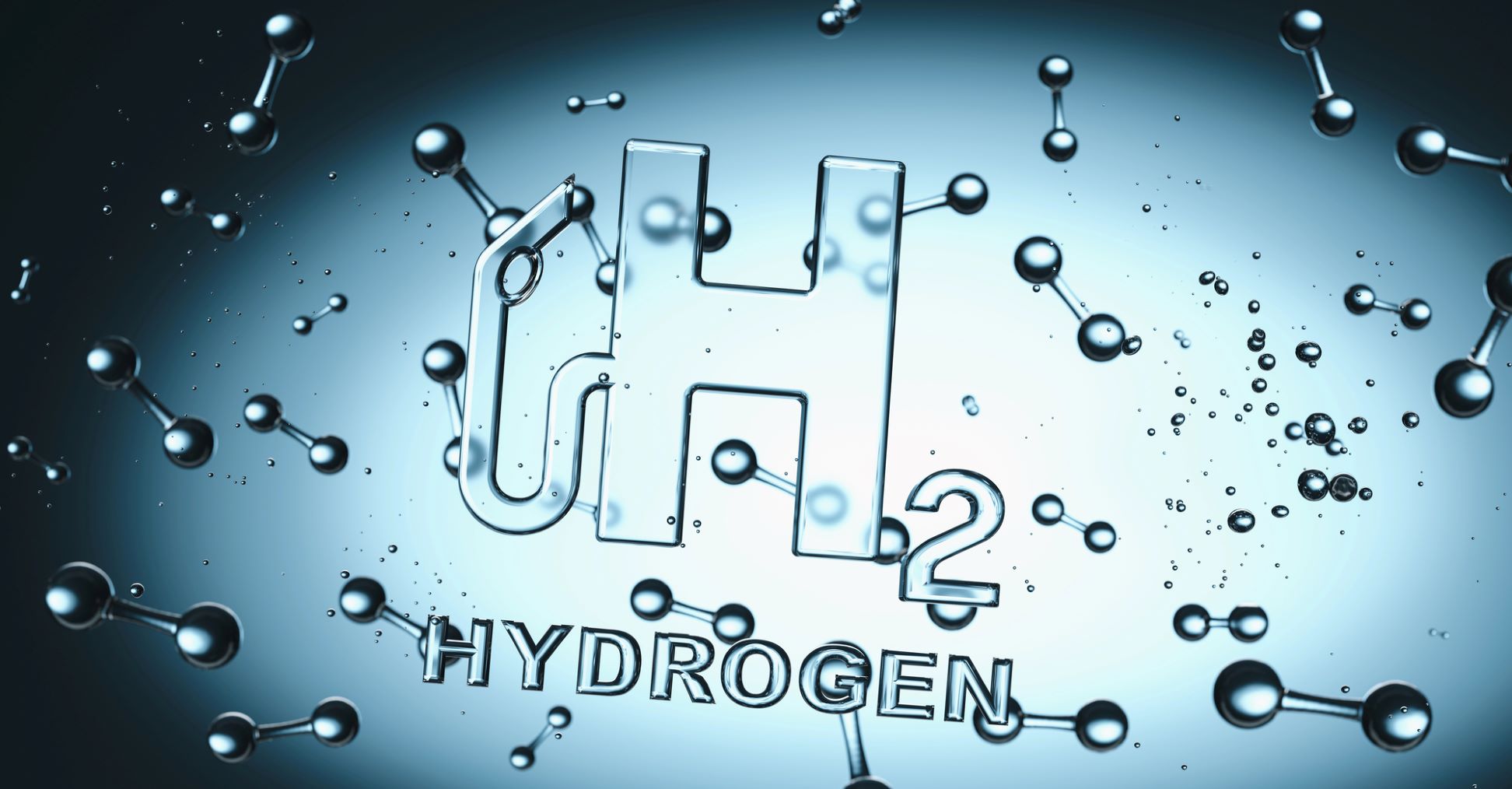He Hydrogen is the most abundant element in the universe and is crucial for promoting the transition to an energy model powered by renewable and low-carbon energy sources. Furthermore, it allows the storage of clean energy, with high energy density, for controlled use when needed.
But hydrogen faces significant challenges, the first of which is to produce it cleanly and cheaply, but it is also essential to store it safely and efficiently, have a secure network to transport it and distribute and develop devices that convert the chemical energy of hydrogen in the field of electricity.
Renewable hydrogen for Germany
Copenhagen Infrastructure Partners (CIP), through their Energy Transition Fund (CI ETF I) and Friesen Elektra Green Energy AG (Friesen Elektra), have launched the Anker project, an ecological hydrogen production facility in Sande (Germany). The project is intended to be a electrolysis capacity of 400 MW, with plans to expand capacity to 800 MW at a later stage.

He The Anker project is strategically located near Wilhelmshavenan important energy and industrial center, and close to the future German central hydrogen grid. It is expected to produce 80,000 tons of green hydrogen per year, which will benefit key German industries such as steel and chemicals, as well as the transport sector. The project will strengthen Lower Saxony’s regional economy by creating new jobs and growth and encouraging active community involvement.
The Anker project will run on renewable energy from the electricity grid, supported by offshore and onshore wind energy, as well as solar energy. By replacing fossil fuels with green hydrogen, the project can reduce CO₂ emissions by as much as 2.4 million tons annually, equivalent to the emissions of around 340,000 households.


“The Anker project has the potential to make a significant contribution to Germany’s path to a carbon-neutral future. At CIP, we continue to see great potential in green hydrogen, despite market development being slower than expected, and we remain committed to investing in hydrogen solutions. Large-scale renewable infrastructure to decarbonize energy-intensive industries. We look forward to implementing the project together with our new partners at Friesen Elektra and working constructively with the German authorities,” said Felix Pahl, partner at CIP.
“We are pleased to welcome CIP and its highly qualified and experienced team as a strategic investor and development partner in our Hydrogen Park Fryslân. This collaboration is an important step in that direction establishing one of the most important green hydrogen production centers in Germany. Together we aim to accelerate the energy transition and advance decarbonization by leveraging our combined strengths and experience,” said Christian Gätje, CFO of Friesen Elektra.
CIP’s Energy Transition Fund I (CI ETF I) is the largest global fund dedicated to renewable hydrogen. CI ETF I has built an industry-leading portfolio of Power-to-X projects, with approximately 6.5 GW of electrolyser capacity in its global development pipeline.

